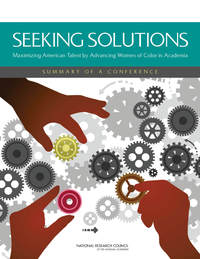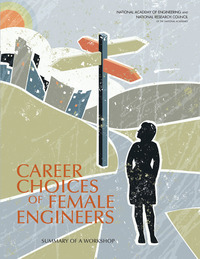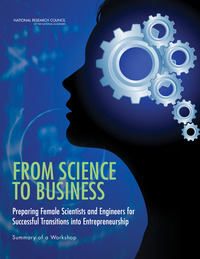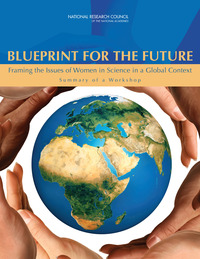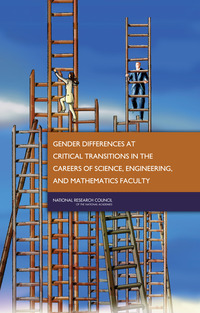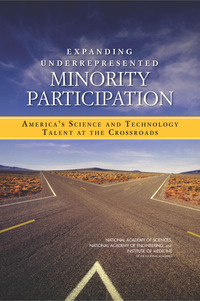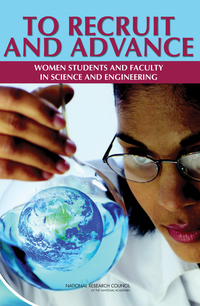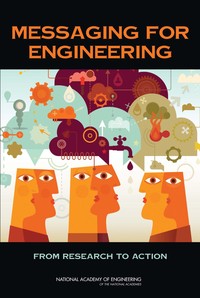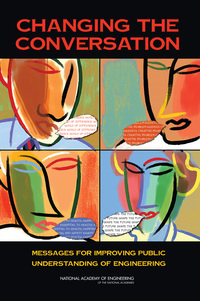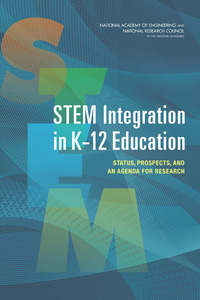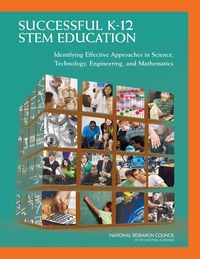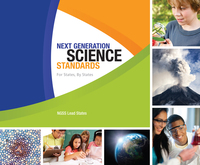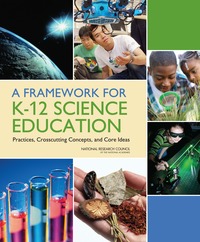 Less than 20% of engineering bachelor degrees currently go to women and recent trends have been declining. Reports from the National Academy of Engineering and National Research Council explore the challenges the nation currently faces in developing a strong and diverse workforce. All are free to download.
Less than 20% of engineering bachelor degrees currently go to women and recent trends have been declining. Reports from the National Academy of Engineering and National Research Council explore the challenges the nation currently faces in developing a strong and diverse workforce. All are free to download.
Seeking Solutions: Maximizing American Talent by Advancing Women of Color in Academia is the summary of a 2013 conference convened by the Committee on Women in Science, Engineering and Medicine of the National Research Council to discuss …
Despite decades of government, university, and employer efforts to close the gender gap in engineering, women make up only 11 percent of practicing engineers in the United States. What factors influence women graduates’ decisions to enter the …
Scientists, engineers, and medical professionals play a vital role in building the 21st- century science and technology enterprises that will create solutions and jobs critical to solving the large, complex, and interdisciplinary problems faced …
The scientific work of women is often viewed through a national or regional lens, but given the growing worldwide connectivity of most, if not all, scientific disciplines, there needs to be recognition of how different social, political, and …
Gender Differences at Critical Transitions in the Careers of Science, Engineering, and Mathematics Faculty presents new and surprising findings about career differences between female and male full-time, tenure-track, and tenured faculty …
In order for the United States to maintain the global leadership and competitiveness in science and technology that are critical to achieving national goals, we must invest in research, encourage innovation, and grow a strong and talented science …
Although more women than men participate in higher education in the United States, the same is not true when it comes to pursuing careers in science and engineering. To Recruit and Advance: Women Students and Faculty in Science and Engineering …
For those in the broad engineering community–those who employ, work with, and/or educate engineers, and engineers themselves–there is no need to explain the importance and value of engineering. They understand that engineers help make the world …
Can the United States continue to lead the world in innovation? The answer may hinge in part on how well the public understands engineering, a key component of the ‘innovation engine’. A related concern is how to encourage young …
STEM Integration in K-12 Education examines current efforts to connect the STEM disciplines in K-12 education. This report identifies and characterizes existing approaches to integrated STEM education, both in formal and after- and …
Science, technology, engineering, and mathematics (STEM) are cultural achievements that reflect our humanity, power our economy, and constitute fundamental aspects of our lives as citizens, consumers, parents, and members of the workforce. …
Next Generation Science Standards identifies the science all K-12 students should know. These new standards are based on the National Research Council’s A Framework for K-12 Science Education. The National Research Council, the …
Science, engineering, and technology permeate nearly every facet of modern life and hold the key to solving many of humanity’s most pressing current and future challenges. The United States’ position in the global economy is declining, in part …
